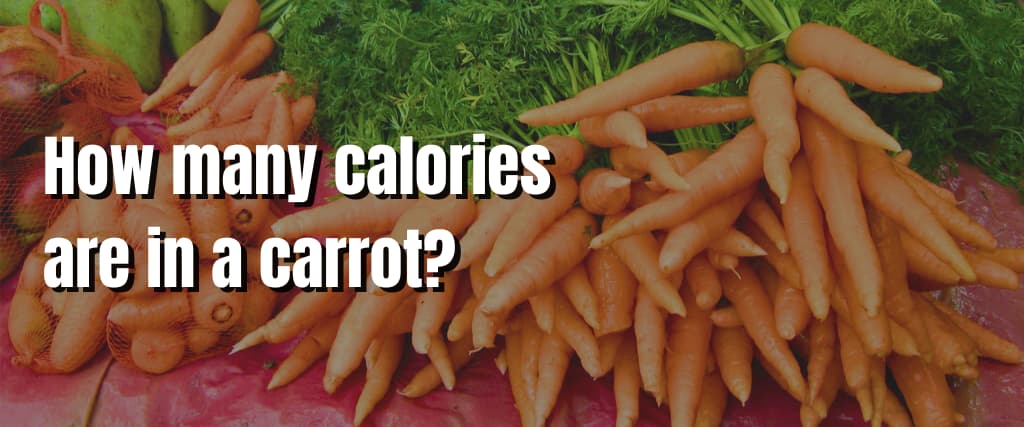Carrots are an excellent addition to your diet because of all the health advantages and nutritional value they provide. Carrots are a nutrient-rich, crisp veggie that look fantastic and taste well in a variety of meals. The breakdown of their nutrient composition and health advantages is as follows:
Dietary Profile:

61 grammes of medium-sized carrots include 25 calories, 0.5 grammes of protein, 6 grammes of carbohydrates, and 0 grammes of fat.
Vitamin A (509mcg), vitamin K (8mcg), and potassium (195.2mg) are all abundant in carrots.
They contain important nutrients like beta carotene (5053.8mcg) and fibre (1.5g).
Health Advantages:

Supports Cardiovascular Health: Carrots have anti-inflammatory and antioxidant phytochemicals that lower the risk of heart disease.
Carrots’ potassium concentration is believed to decrease blood pressure, while its fibre content aids in maintaining healthy cholesterol levels.
Carrots, which are abundant in vitamin A, lutein, and zeaxanthin, protect eyesight by preventing age-related macular degeneration and fostering clear vision.
Improves tooth Health:

Beta-carotene-rich vegetables like carrots have been shown to have a preventive impact against tooth problems.
Prevents Cognitive Decline: Consuming carrots and other nutrient-rich vegetables on a regular basis has been associated with a lower incidence of dementia, promoting cognitive wellness.
Reduces Cancer Risk:

The vitamin A in carrots helps shield DNA from oxidative damage, which lowers the risk of cancer.
Carrots come in a variety of colours, including orange, yellow, red, and purple, and each one contains antioxidants that fight cancer throughout the body.
Carrots’ beta-carotene and fibre, which protect cells from oxidative stress and regulate blood sugar levels, may help manage diabetes.
Storage and Varieties:

Each carrot variety and colour has a somewhat different taste and set of nutrients.
Choose fresh carrots that are firm, dry, and devoid of significant blemishes or decay indications.
Remove the green tops from vegetables to increase their shelf life and store them in perforated plastic bags in the crisper of the refrigerator for a few weeks.
Getting Ready Carrots:

Raw carrots can be consumed, and they can also be cooked and used to a variety of salads, soups, stews, and side dishes.
Carrots become naturally delicious when roasted.
Additionally, carrots can be juiced or used to smoothies.
Because they are so adaptable, carrots can be a nutritious snack, a part of meals, or an ingredient in a variety of recipes.

Overall, including carrots in your diet offers protection from certain diseases, maintains the health of your eyes and cardiovascular system. To gain the health advantages of carrots and to add flavour and colour to your meals, enjoy them in a variety of ways. When preparing and storing carrots, don’t forget to follow good food safety and hygiene practises.





